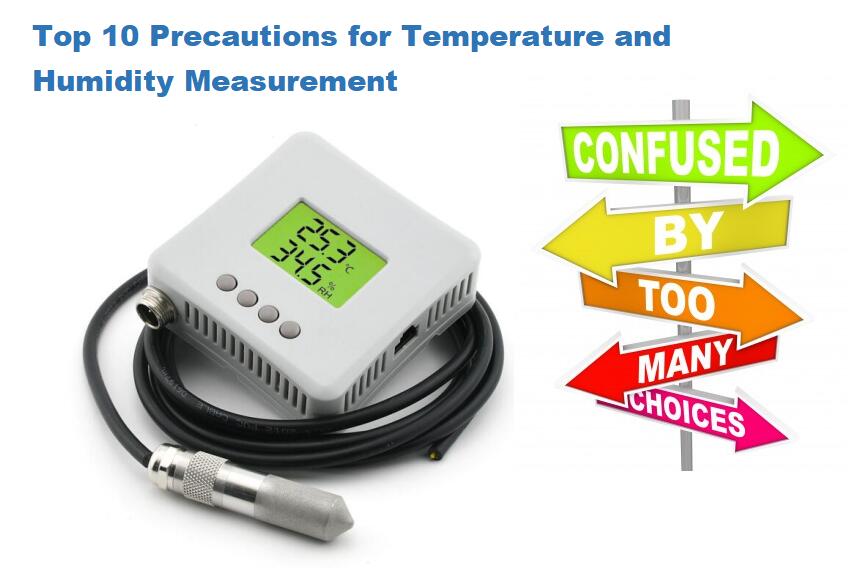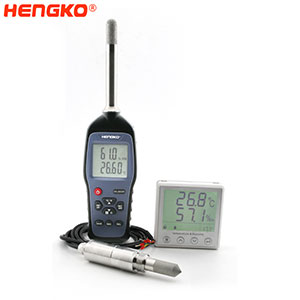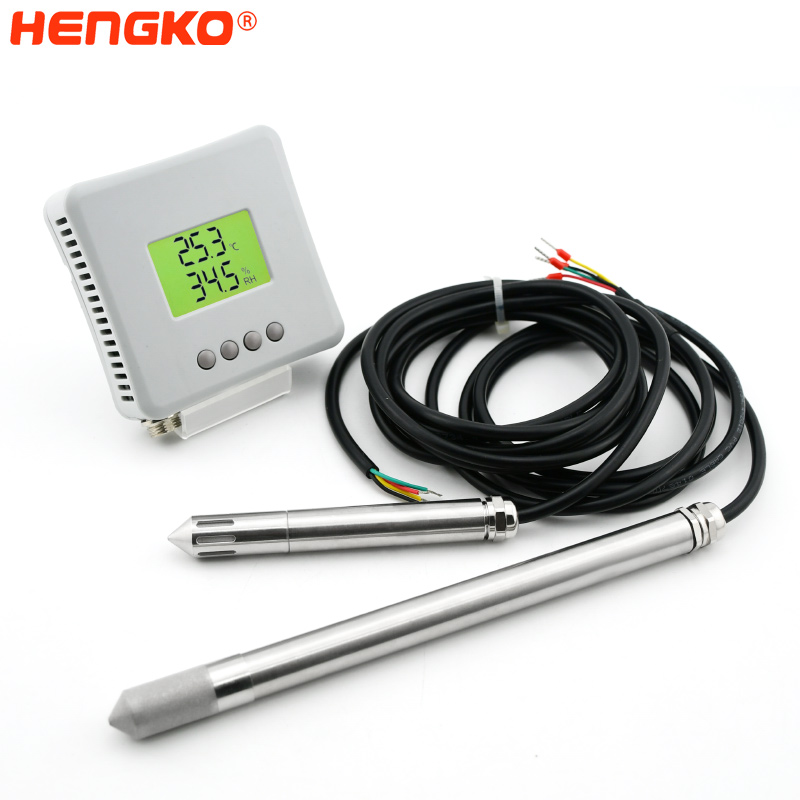Top 10 Precautions for temperature and humidity measurement
There are many environmental variables that affect moisture measurement, and it is important to know exactly which type of temperature and humidity instrument and technology allows you to make the most accurate measurement for any given application. Therefore, it is necessary to understand the various factors affecting different types of measurement techniques in the application.
When choosing temperature and humidity measuring instruments and related technologies, please consider the following 10 Questions :
1. Why do we need to measure humidity ?
2. What parameters do we need to quantify water vapor ?
3. What is the expected measurement range ? The temperature ? Relative humidity ? Pressure ?
4. What level of performance do we need ? Not sure? Long-term stability? Response time ? Output resolution ?
5. What type of output do we need ?
6. What is the most suitable mechanical configuration ?
7. What is the composition of the air or gas being measured ?
8. What are the installation requirements ?
9. What are we willing to pay for the required performance ?
10. What after-sale support should I get from the manufacturer ?
The answers to these questions will guide your choice of hygrometer technology and configuration in the right direction.
How to Choose the Right and Accurate Meter for a Particular Application ?
HENGKO cautions: Since there is no real physical standard for relative humidity calibration, inaccurate specifications for humidity instruments are a common problem for instrument vendors -- more so than for many other types of instruments. This abuse results in limited value for specifications when comparing instruments from different manufacturers. You must dig deep into the instrument manufacturer's specifications and claims.
1. Carefully check the temperature and humidity supplier's documentation on:
• Sensor linearity
• Temperature constant
• lag
• Calibration error
• Long-term stability of sensors and electronics
• CE certification, reliable quality package after sale. You can choose a temperature and humidity supplier with a measurement and calibration certificate. For example, Hengko's high-precision hygrometer has been verified by Shenzhen Metrology Institute and has a professional calibration report certificate. Not all humidity sensors are created equal. Precision specifications are created by the manufacturer, and each manufacturer assigns them differently. Accuracy can be stated within a very narrow range based on a short time frame in a benign environment. This is why it is important to evaluate precision specifications with a critical eye.
2. Second, What Should Be Considered When Choosing the Temperature and Humidity Sensor?
• What are the specification humidity and temperature ranges?
• What happens to specifications as sensors age?
• Are there contaminants that affect accuracy?
• Do certain humidity and temperature conditions affect the long-term stability of humidity and temperature sensors? (i.e. high temperature + high humidity)
• Does the specification cover all sources of error, such as hysteresis, temperature dependence, linearity and calibration?
• What are the types, conditions, and uncertainties of the criteria used to determine the specification?
When you make a choice, you should think in many ways and choose the right temperature and humidity products.
If you have no idea, you can consult Hengko engineers to provide you with temperature and humidity solutions.
Still Have Questions and Like to Know More Details For the Temperature and Humidity Sensor, Please feel Free To Contact Us Now.
Also You Can Send Us Email Directly As Follow : ka@hengko.com
We Will Send Back With 24-Hours, Thanks for Your Patient !



